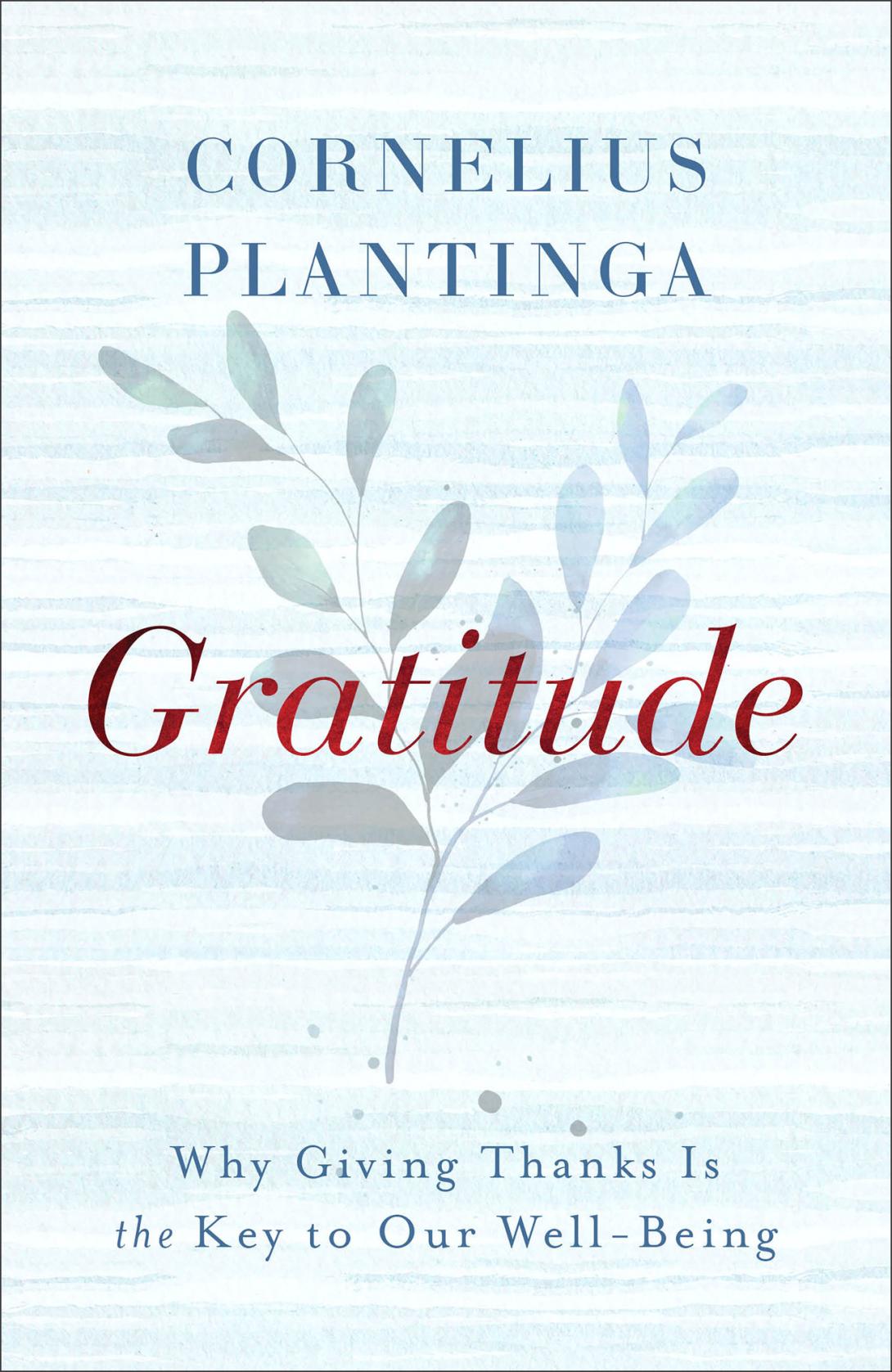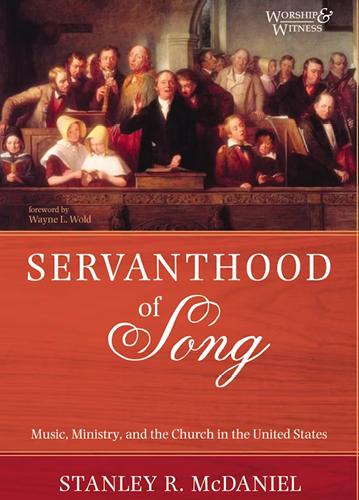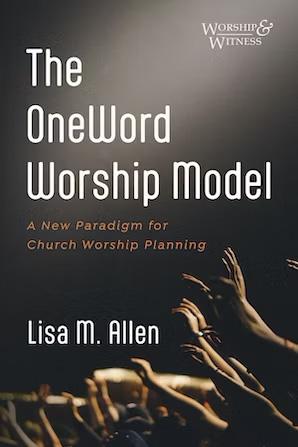Book Details
Contemporary worship music is ubiquitous in many Protestant Christian communities today. Rather than debating or decrying this post–worship-wars reality, David Lemley accepts it as a premise and examines what it means for us to be singing along with songs that aren’t so different from the pop genre. How do we cope with the consumerism embedded in the mentality that catchy is good? How do we stay committed to subverting cultural norms, as Christians are called to do, when our music is modeled after those cultural norms? How do we ensure that the way we participate in the liturgy of contemporary worship music rehearses a cruciform identity?
Becoming What We Sing draws on cultural criticism, ethnomusicology, and liturgical and sacramental theology to process the deluge of the contemporary in today’s worship music. Lemley probes the thought of historical figures, such as Augustine, Hildegard of Bingen, Martin Luther, and the Wesleys, while also staying situated in the current moment by engaging with cultural philosophers such as James K. A. Smith and popular artists such as U2. The result is a thorough assessment of contemporary worship music’s cultural economy that will guide readers toward greater consciousness of who we are becoming as we sing “our way into selves, societies, and cosmic perspectives.”
Recent Publications
Sound Theology
This book surveys the liturgical soundscape during and after the Reformation with regard to the use of instruments in worship in general, and the (dis)use of the pipe organ specifically.
Gratitude: Why Giving Thanks Is the Key to Our Well-Being
What is gratitude? Where does it come from? Why do we need it? How does it change us?
In Gratitude, award-winning author Cornelius Plantinga explores these questions and more. Celebrating the role of gratitude in our lives, Plantinga makes the case that it is the very key to understanding our relationships with one another, the world around us, and God.
Servanthood of Song: Music, Ministry, and the Church in the United States
'Servanthood of Song' is a history of American church music from the colonial era to the present. Its focus is on the institutional and societal pressures that have shaped church song and have led us directly to where we are today.
Sound Theology
This book surveys the liturgical soundscape during and after the Reformation with regard to the use of instruments in worship in general, and the (dis)use of the pipe organ specifically.
Gratitude: Why Giving Thanks Is the Key to Our Well-Being
What is gratitude? Where does it come from? Why do we need it? How does it change us?
In Gratitude, award-winning author Cornelius Plantinga explores these questions and more. Celebrating the role of gratitude in our lives, Plantinga makes the case that it is the very key to understanding our relationships with one another, the world around us, and God.
Servanthood of Song: Music, Ministry, and the Church in the United States
'Servanthood of Song' is a history of American church music from the colonial era to the present. Its focus is on the institutional and societal pressures that have shaped church song and have led us directly to where we are today.
The OneWord Worship Model
The OneWord Worship Model: A New Paradigm for Church Worship Planning offers a clear, concise, and collaborative approach to planning congregational worship using the biblical text as its foundation.




